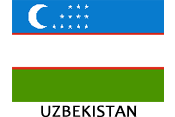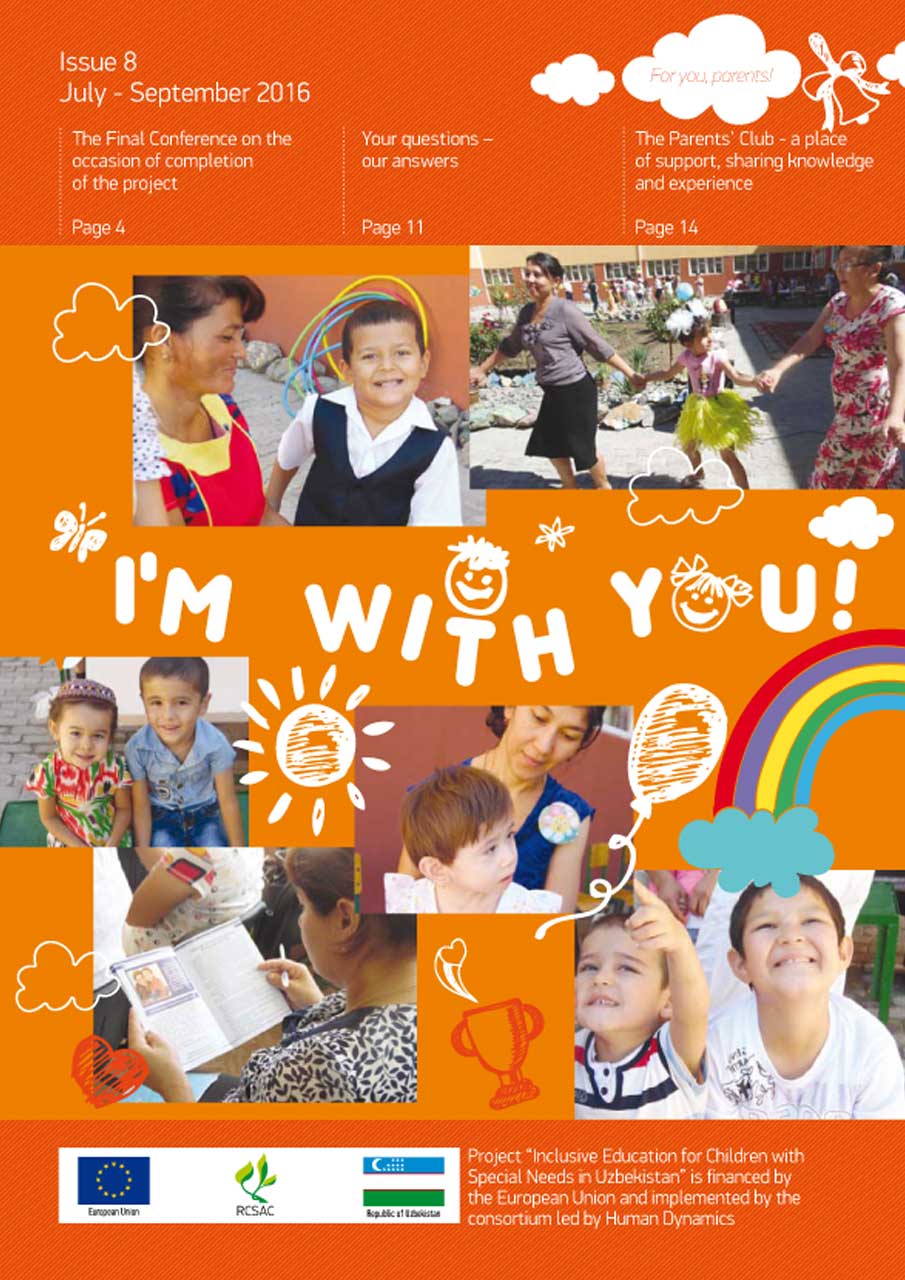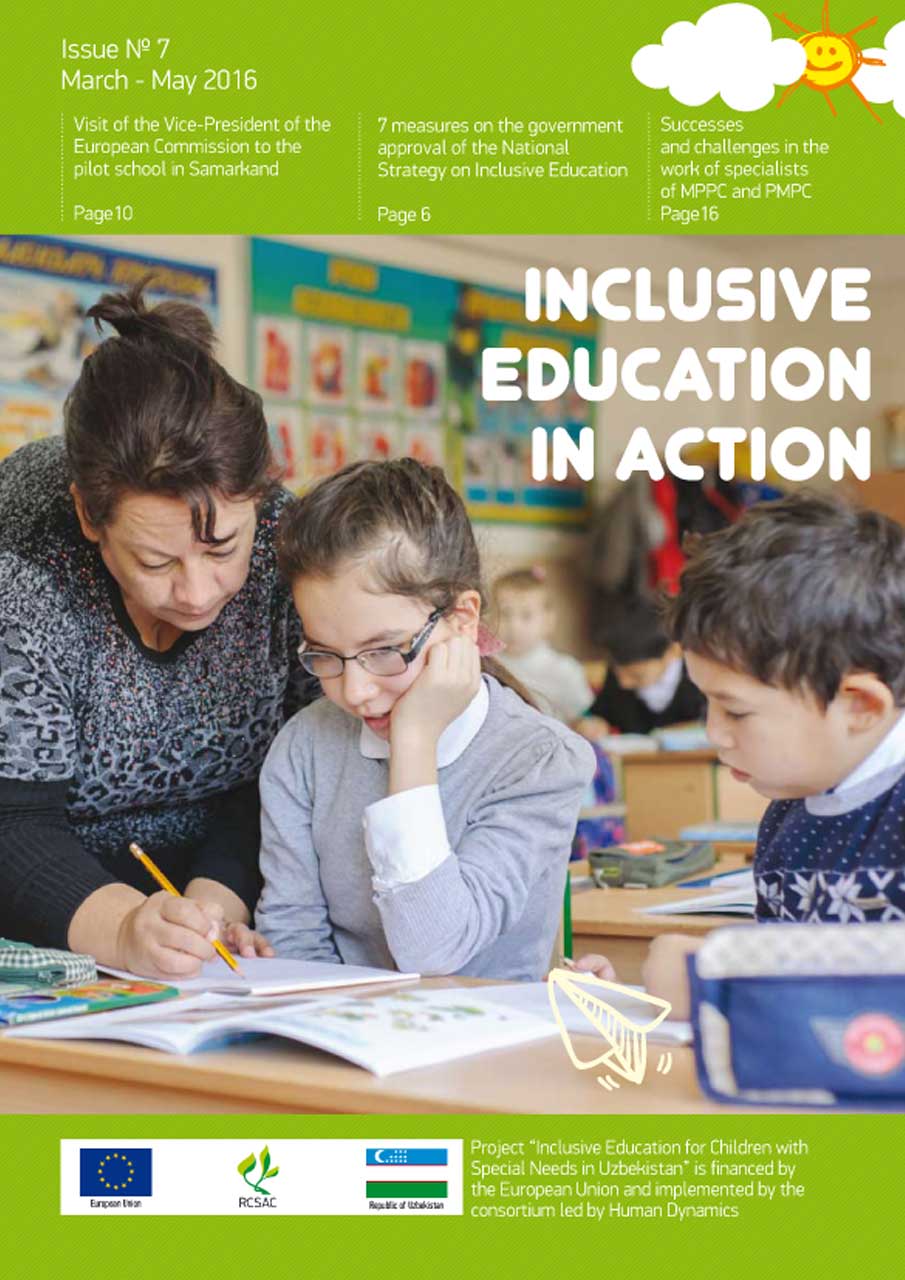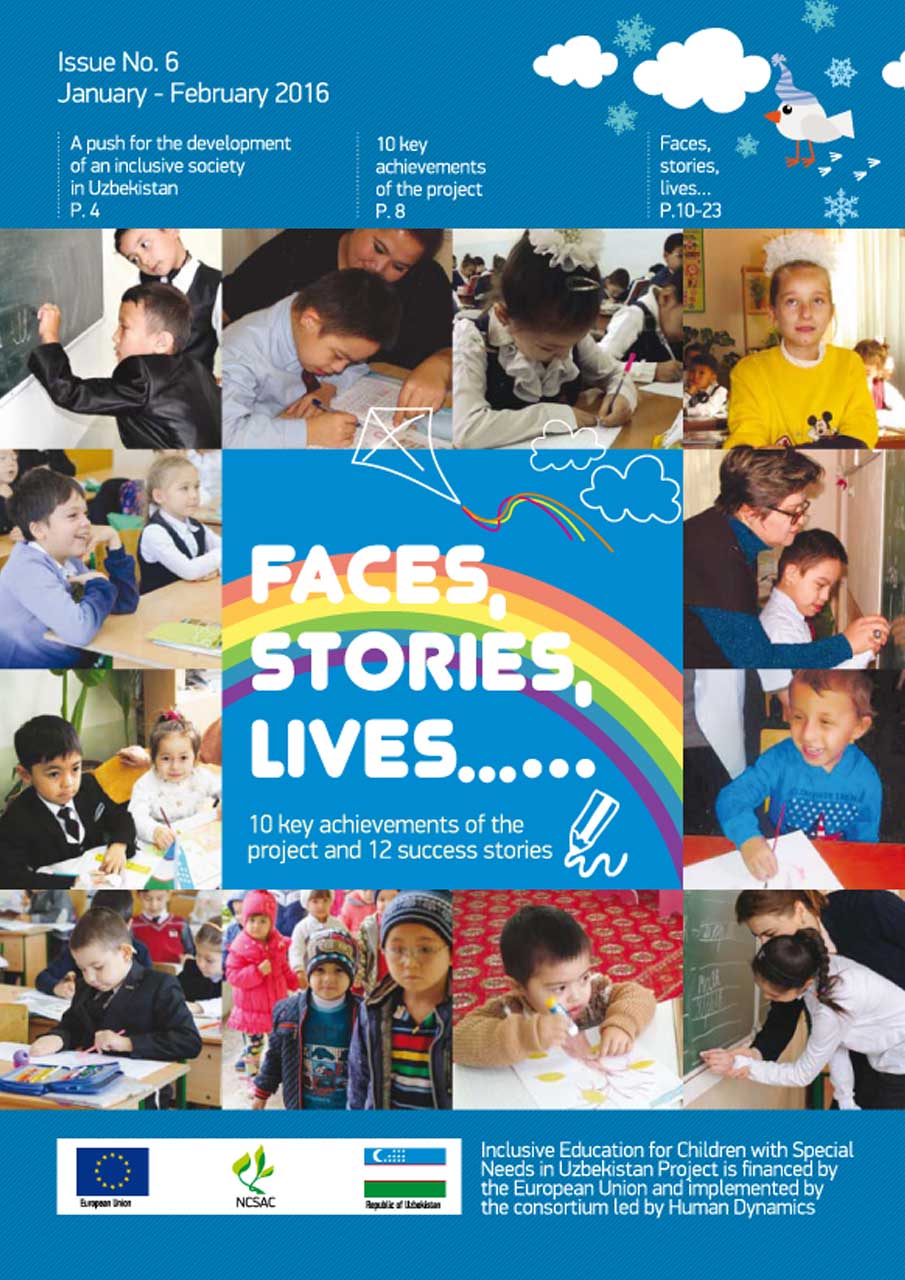Barriers Inclusive Education
(Matthew Griffiths, international consultant)
In order to create inclusive schools, it is essential, first of all, to think about the barriers, which create hindrances for children with disabilities in attending regular schools. Then, we need to think about how to exclude these barriers or at least to minimize them. In my article I identified 10 such barriers. Furthermore, I outlined some proposals and questions, which may be useful in the efforts to set up inclusive schools in Uzbekistan.
Barrier # 1 – Faith and beliefs
If we do not believe in children with disabilities being able to attend regular schools, this will create insuperable barriers in their education. Do all education experts believe that children with disabilities are able to attend regular schols and study successfully? Do the parents believe in this? And other members of local community? How the beliefs can be changed so that the public attitude would not be a barrier?
Barrier # 2 – Educational system
Depending on the way the educational system is structured and functions, barriers can be created or removed. Clear legislation is needed to remove the barriers for children with disabilities, receiving education along with their peers, wherever it is possible. Special and general education must be flexible so that the children, who need education in a special school for certain period of time to gain specific skills such as Bryle or sign language, could easily move to general educational system.
Basic schools must have support to be ready and able to include students with disabilities into their ranks. The schools also need to understand that they need to do it. Support for children with disabilities or having difficulties in learning must be available in the classroom or a school, rather than at separate institutions. Professionals in the educational system must work to identify barriers, which can be caused unintentionally by various aspects of the system and find the means to address them.
Barrier №3 – Access
If the children with disabilities cannot get to the school building from their homes and enter the school building, then, lack of access is the barrier for attendance. Can the children with different forms of disability get to the school or enter the school building? This means that they need to be able to make the journey from home to school safely and easily.
What barriers are there and which children face them in their safe and accessible way to school? Can the children with physical challenges for health safely and easily get to the school and enter the building?
Barrier №4 – School admission
Consider that the children are able to come to school and enter the building but the school may refuse their registration as students. What barriers are there for admission of these children? Do the principals or teachers refuse to admit certain children, although they could be admitted? Do the parents refuse to enroll their child in a regular school or they don ’t know that they can do it?
Barrier №5 –Basic needs
If the children do not have the ability to meet their basic needs, such as access to drinking water, toilet that they could use or chair and desk, convenient for them, this creates barriers in their ability to be educated at school. What steps must be taken and
for which children so that their basic needs could be satisfied at school?
Barrier №6 – Expectations
Often the greatest hindrance for children is expectation that they cannot achieve something. But many children with disabilities can achieve the same or even more than most of their peers, if their special needs for support and access to curriculum are met and the teachers believe that they can achieve all this.
Certainly, children with intellectual development impairment cannot achieve the same as their classmates, but even then they should be expected to progress according to their abilities. Do the teachers believe that the children with development impairments must be relieved of the expections in education? Do they think: She is disabled – she has poor vision. I do not expect that she will be able to handle the classes?
Barrier 7 - Contents of the Curriculum
Some children believe that the content of the curriculum is a barrier for their education: this curriculum must be adapted so that these children could succeed. This can be one of the goals of Individual Education Plan (IEP).
Barrier 8 - Training Methods
Teaching methods can be the main barrier for many children, as they are not able to be effectively educated based on these methods. Teachers need to develop their skills in differentiated teaching and learning. Differentiation means obtaining the best from every students, the best that he/she can demonstrate what (s)he knows, understands, and can do.
Differentiated learning is a process, which includes planning of the goals of the academic program, learning strategy, resources, methods of education, and means of interaction with students, particularly focusing on the following issues:
• Differentiation among students according to the abilities and the level of skill acquisition;
• Different methods of absorption of materials by students;
• Different speed of learning by students.
Teachers can be differentiated in the methods of planning, teaching methods, how they allow students to study and how they enable feedback with students. The abilities and needs of every student differ, and thus, the teaching process should reflect this. The challenge is that the process of teaching would involve a method, which enables every student to progress in his/her studies.
Differentiation among students means that they are given appropriate tasks and support, materials that they can read (if reading is the part of the task) and respective equipment to fulfill the task. Every student needs to know precisely what is required of him/her: adequate formulation of the problem will enable him/her to make progress.
The activities to disseminate knowledge and experience are required to motivate the most capable students.
Barrier 9 – Assessment of the Progress
The system for assessment of the progress may create hindrances for children in demonstrating their knowledge. The assessment system must be changed so that to adapt the candidates with disabilities or special needs with no harm for standards, if the curriculum were not changed. The students with disabilities or special needs, who do not have access to the complete regular curriculum, must have the system for assessment, formulated according to the changes in the learning process. Individual education plan should explain in detail, what changes or adjustments are required to be made for every child.
Barrier №10 – Progress
Many children with disabilities cannot obtain vocational education or employment because of the hindrances in their progress, who must be removed, if we want them to be more independent and productive in adult life. How the existing barriers can be removed and how the emergence of barriers can be prevented in future? Are there such skills, which are taught at special colleges for students with disabilities, who would be fit to look for work in the 21st century?
Matthew Griffiths
25/01/16
Publishing
Contact Information
- Офис проекта "Инклюзивное образование для детей с особыми потребностями в Республике Узбекистан"
Республиканский центр социальной адаптации детей
Абдулла Каххар, 34
Ташкент 100100
Узбекистан - Тел: (+99890) 980-82-98
- Email: inklyuzivnoe.obrazovanie@hd-ie.com
List of Parent’s Clubs in Pilot regions:
Parent's Club in Urgench:
Established: September 2015
Number of members: 142 parents
Contact person: Muyassar Ibragimova
Phone: (+998 93) 922-71-22
Parent's Club in Termez:
Established: February 2015
Number of members: 14 parents
Contact person: Maya Ganieva
Phone: (+99891) 580-30-65
Parent's Club in Namangan
Established: May 2015
Number of members: 25 parents
Contact person: Nilufar Hudaykulova
Phone: (+99891)368-05-78
Parent's Club in Samarkand
Established: February 2014
Number of members: 25 parents
Contact person: Rakhmatullaeva Rohat Abdugafarovna – Chairman
Phone: (+998 91) 559-85-21
Parent's Club in Tashkent
Established: September 2015
Number of members: 15 parents
Contact person: RozmetovNasiba
Phone: (+99897) 709-76-18,(+99890 ) 952-06-22






